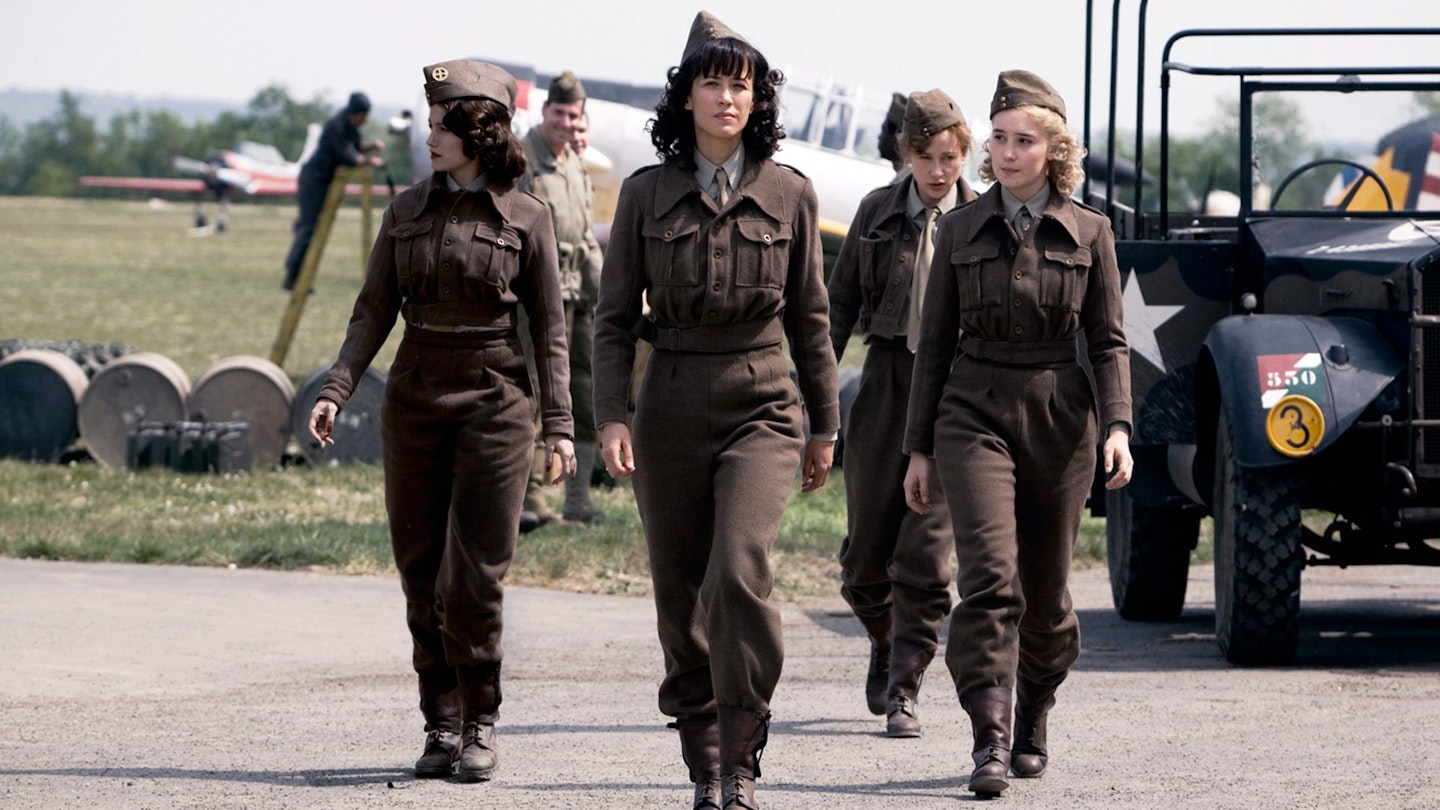Despite the rubbish translation of the title from Les Femmes De l’Ombre (Shadow Women presumably sounding too puppety), this war thriller is anything but obvious. Inspired by the multi-decorated wartime agent Lise Villameur, Salomé’s beautifully-nuanced film focuses on the remarkable behaviour of women whose actions were often overlooked in favour of their male counterparts.
We follow sharp-shooter Louise Desfontaines (Sophie Marceau), drafted into Churchill’s crack Special Operations Executive (SEO) after her husband’s death. Her first mission is to rescue a British D-Day operative from a Nazi hospital, by creating a female group along with her Resistance brother, Pierre (Julien Boisselier). Providing the mix of spying and social skills are Suzy (Marie Gillain), a showgirl who could seduce a toaster; Gaëlle (The Page Turner’s Déborah François), the science brains and devout Catholic; dynamic Jeanne (Julie Depardieu), a prostitute who killed her pimp; and Maria (Maya Sansa), a Jewish-Italian radio expert. Rather than being rescued after the mission, however, the SEO give them a new task: to eliminate Colonel Heindrich (Moritz Bleibtreu), the head of Nazi counter-intelligence, who has managed to get too much information about D-Day.
The thrill is in the way Salomé presents his story. This is no rose-tinted period reinvention but an old-fashioned action film, with a grim determination running throughout. There’s no popcorn heroism or villainy: Bleibtreu’s Heinrich is a far cry from the Voldemortish rent-a-Teuton that typically passes for a cinematic Nazi, his humanity making him an even more disturbing character. Balanced people in war films aren’t supposed to be Nazis, but then again the Resistance aren’t supposed to succumb to weakness - as depicted here in a series of crunchingly uncomfortable scenes.
And these scenes are beautifully shot - watch out for the most iconic use of train steam this side of The Railway Children. From the claustrophobic nightmares of inquisition to an underground scene that’s balletically coordinated, Salomé’s war is always graceful but never black-and-white.
